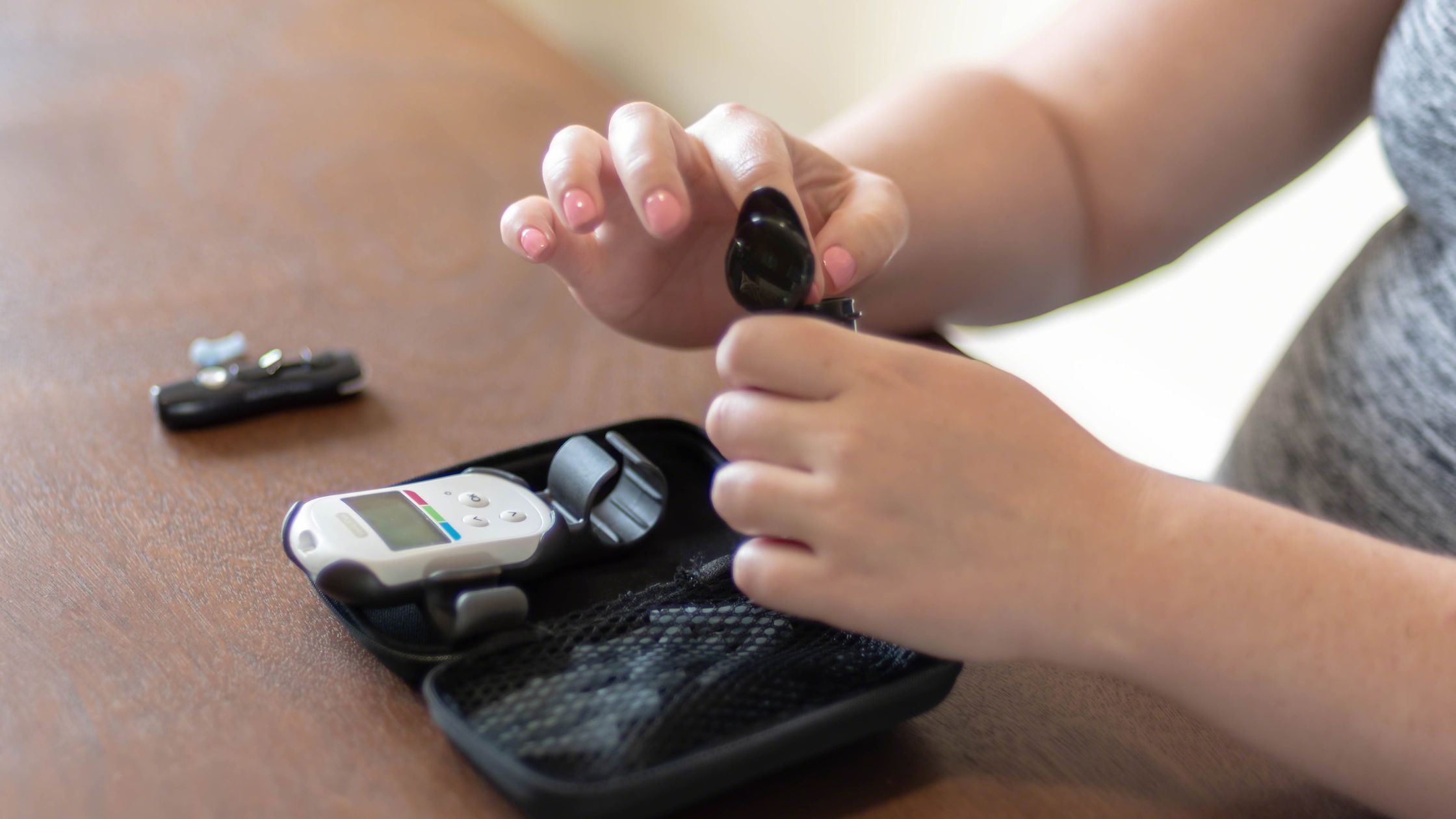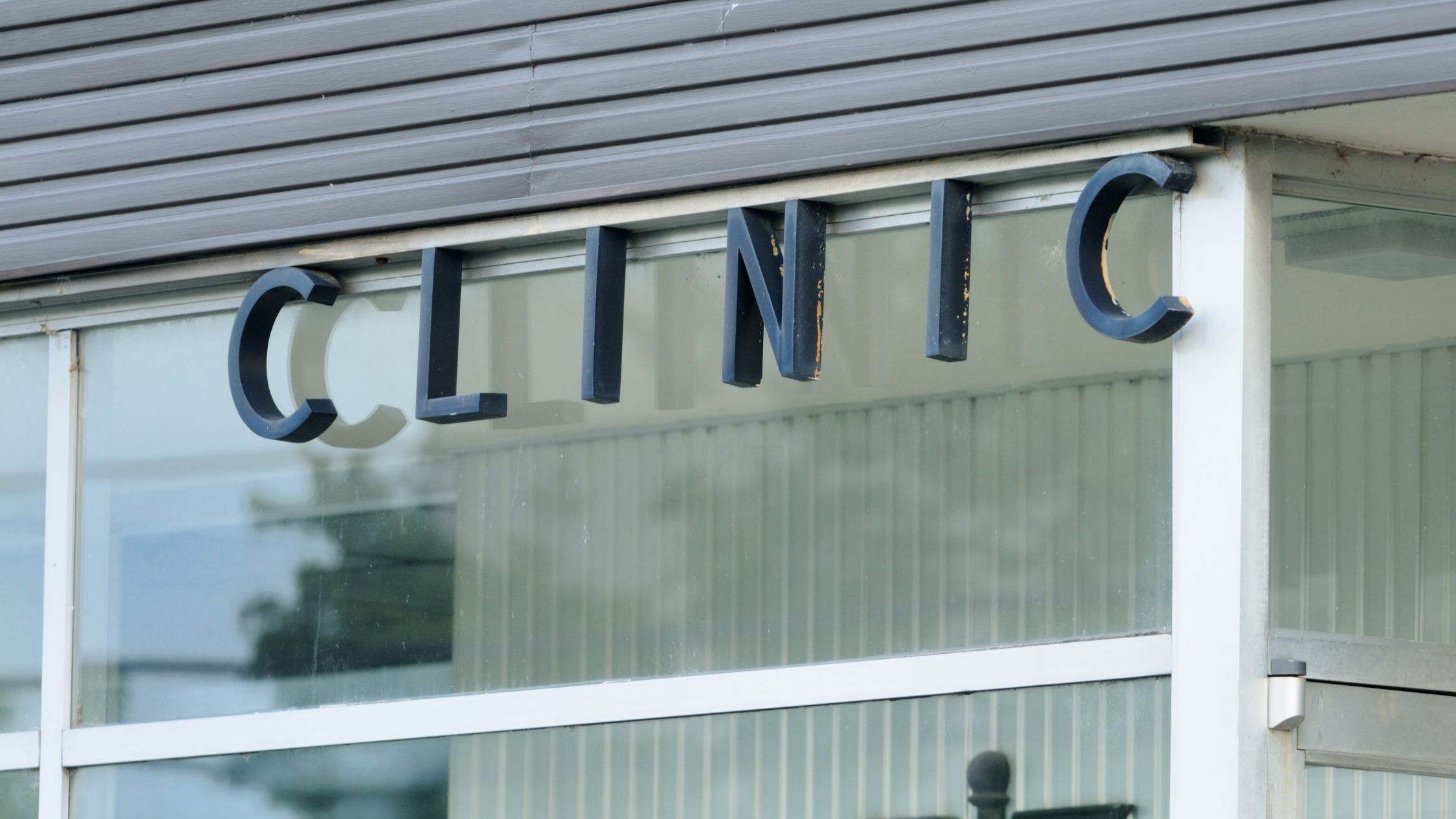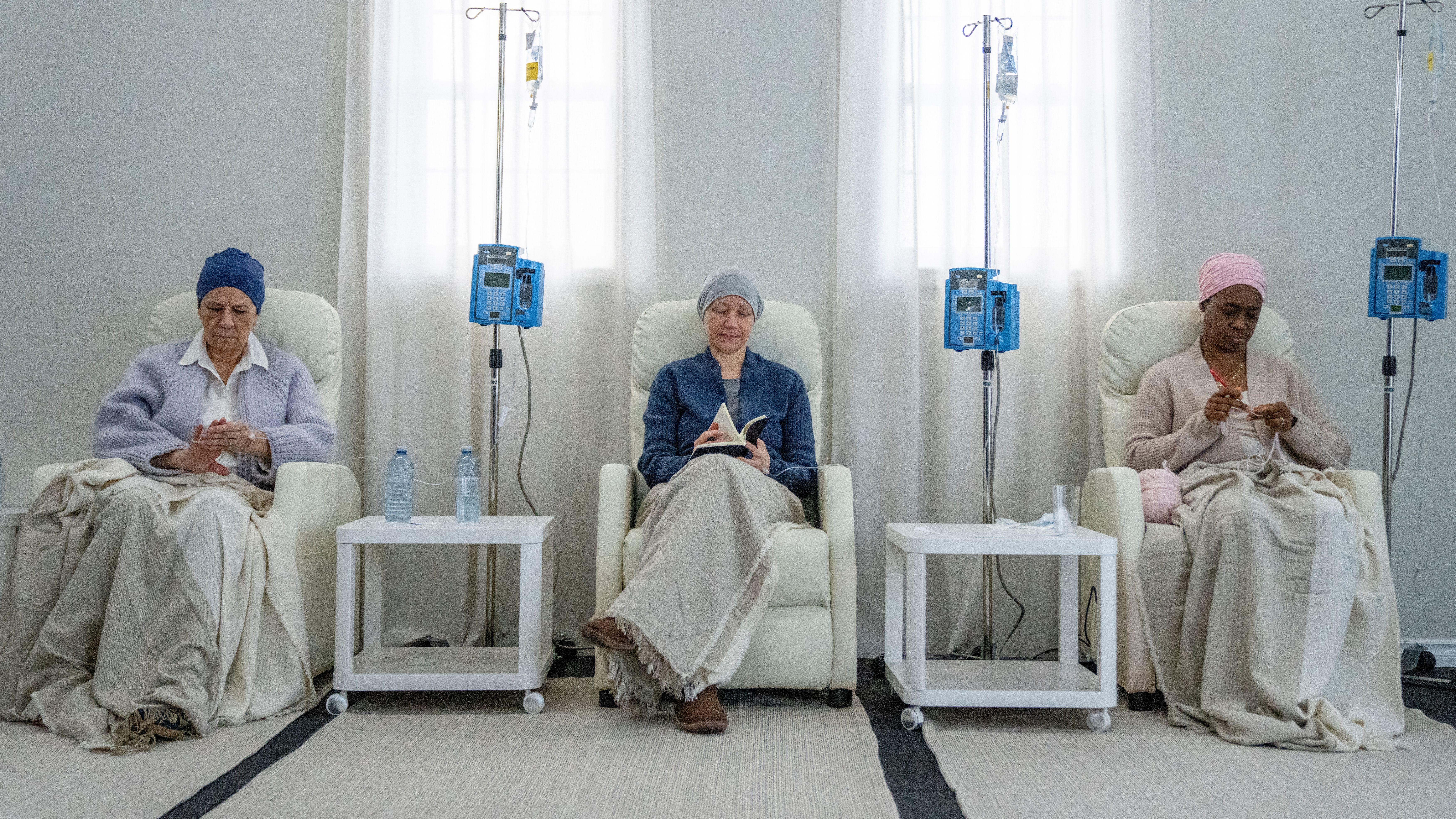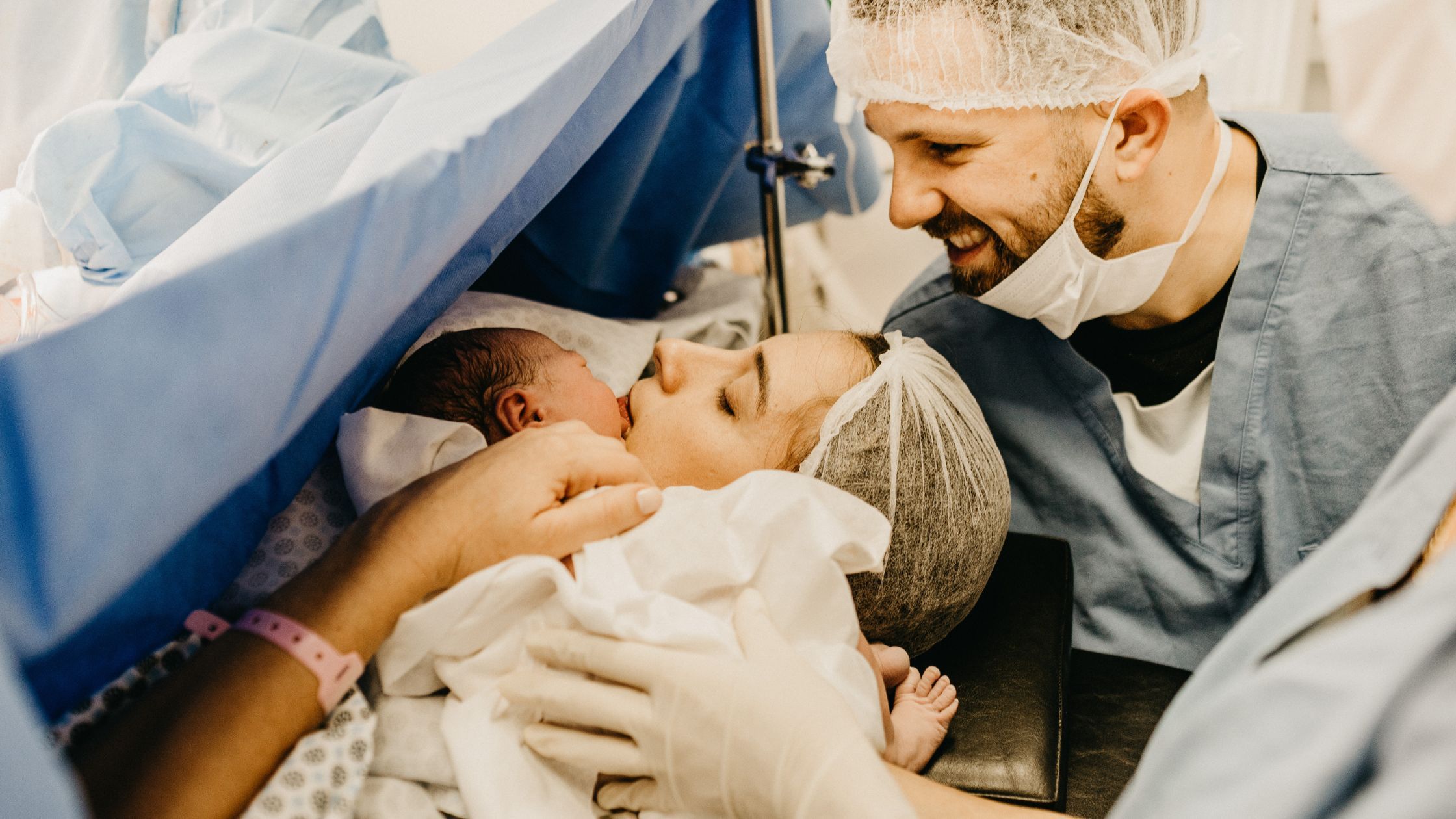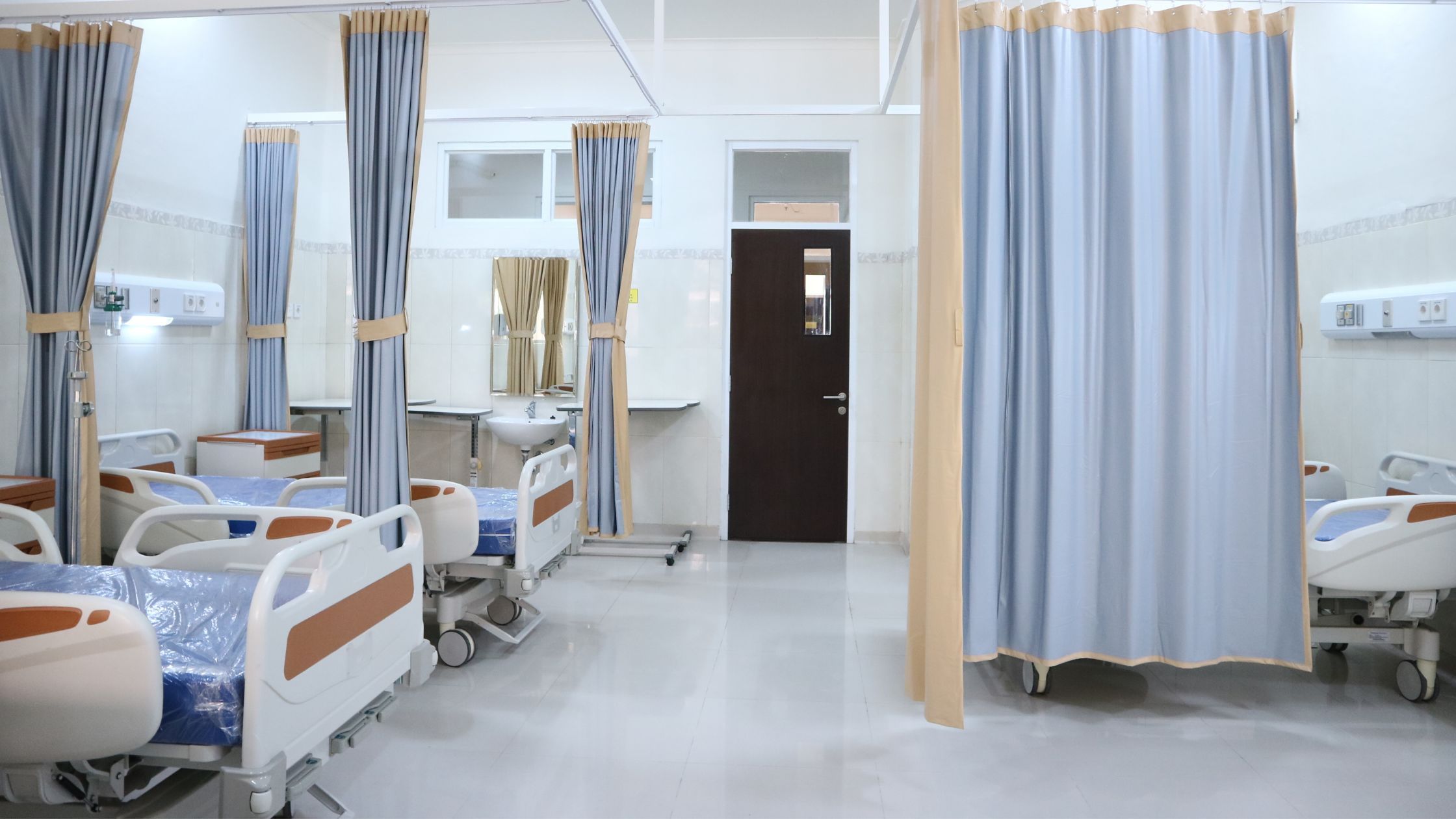The government has shown strong indication to proceed with its rushed plans to cap recoverable costs in clinical negligence cases by setting up a working group. The working group have been given the challenge to consider how it will cut costs claimed by claimant solicitors on claims worth a value of less than £25,000.
The working group is already being put together and are said to include legal representatives of the NHS. Confirmation of the number of claimant and defendant solicitors making up the members has not yet been provided, nor has confirmation of the number of legal professionals totalling the group. In fact, no further details of the members of the working group have been revealed.
In a consultation response recently published, the Department of Health and Social Care said the Secretary of State for Health has accepted proposals to create a working group to put together a "bespoke process for clinical negligence claims". The working group are aiming to publish their recommendations by autumn 2018.
The government is said to be considering all of Lord Justice Jackson's 2017 proposals on fixed recoverable costs. The Lord Chancellor is to provide details of the next steps shortly.
In response to this announcement of the working group, the president of the Law Society, Joe Egan has aptly said:
"While the Law Society does not oppose fixed recoverable costs in principle, the real savings for the NHS will come from learning from its mistakes and increasing patient safety. ...
Cases which are not necessarily the highest in value can still be complex and challenging. Fixing costs could end up limiting the time specialist solicitors can spend understanding the details of an incident in care.
Patients must not be denied the legal help they need to get the full compensation they are entitled to in law."
Mr Egan's response briefly reflects the concerns those from the legal profession have previously put to the government. Without impeding patients' access to the full legal assistance they require, it is difficult to determine how costs can be appropriately fixed.
Despite the high number of responses from those in the legal profession warning of the dangers of fixed costs in such a delicate area of law, the government clearly wish to push on. The government's next steps illustrate the haste of their actions, and it wouldn't be surprising to see fixed costs introduced by 2020. The number of clinical negligence cases are only increasing as of late. This increase of negligence shows that medical staff desperately need further training and that policies and procedures dealing with mistakes of medical professionals need to be reviewed. However, it seems the short cut approach is to be adopted which, rather frighteningly, may very well result in future miscarriages of justice.
During 2016, issues were raised by the Royal National Orthopaedic Hospital (RNOH) NHS Trust about the work conducted by Mr Simon Lambert, an experienced orthopaedic surgeon. That investigation surrounded the use of shoulder implants known as PEEK implants.
PEEK is the acronym used for Polyetheretherketone, a polyaromatic semi-crystalline thermoplastic polymer with mechanical properties favourable for bio-medical applications.
Concerns have been raised by RNOH as to substandard treatment by Mr Lambert and his use of such implants.
Investigations continue and we are liaising with the government agency for such implants (Medicines and Healthcare products Regulatory Agency).
It is thought that Mr Lambert conducted thousands of operations and such operations could amount to sub-standard care.
The implants used during the surgery conducted by Mr Lambert had never been subject to clinical analysis or indeed any research. As a result of this, there may be long-term problems, but prognosis is unknown.
The RNOH has acknowledged that there have been failings in some of the implants used and since the incident has come to light, they have been contacting all persons that underwent surgery so that their surgery can be reviewed.
At the time of writing this blog, we await further information from the General Medical Council as to what action, if any, is to be taken against Mr Lambert. We will of course provide further updates. If you have undergone surgery under the care of Mr Lambert or are aware that you had a PEEK implant, please contact us for further advice. Our designated contacts are Lucy Thomas or Nathan Hennah of this practice.










